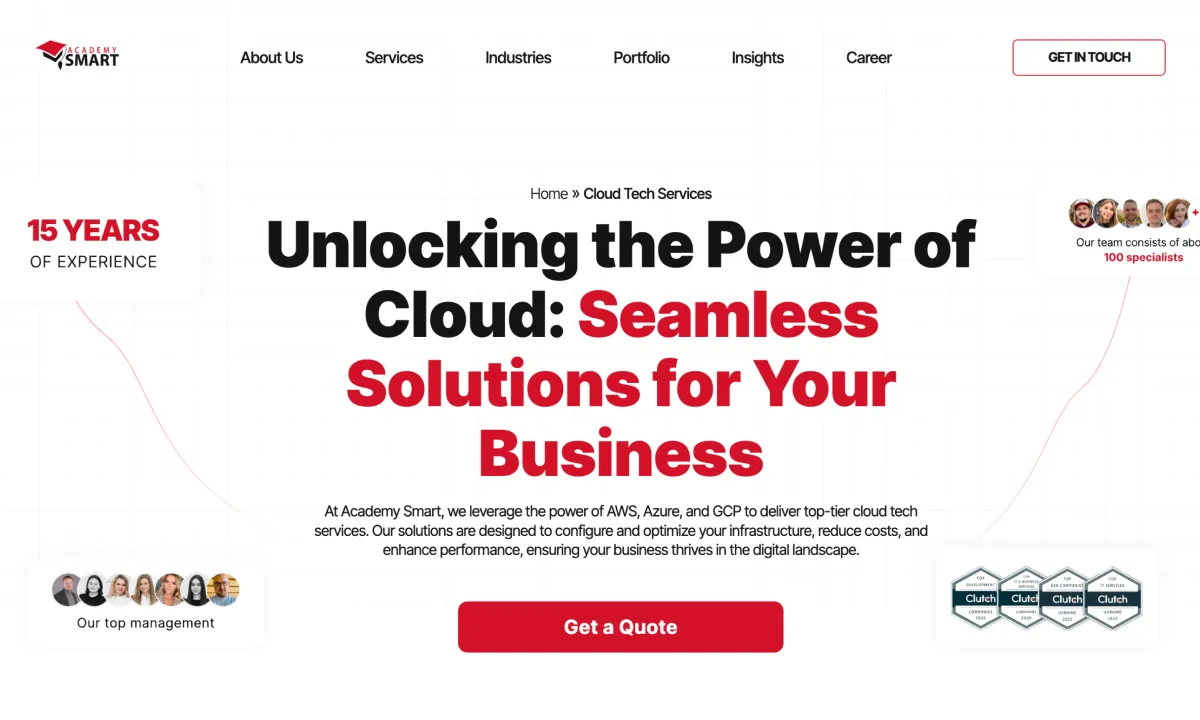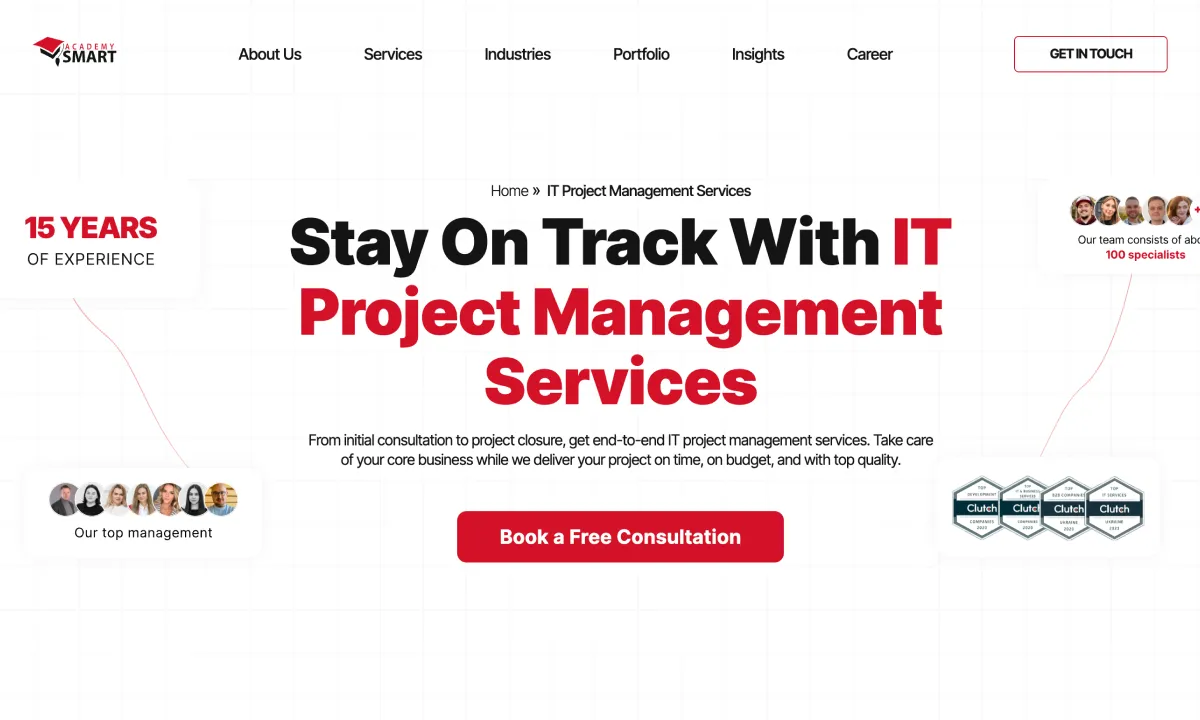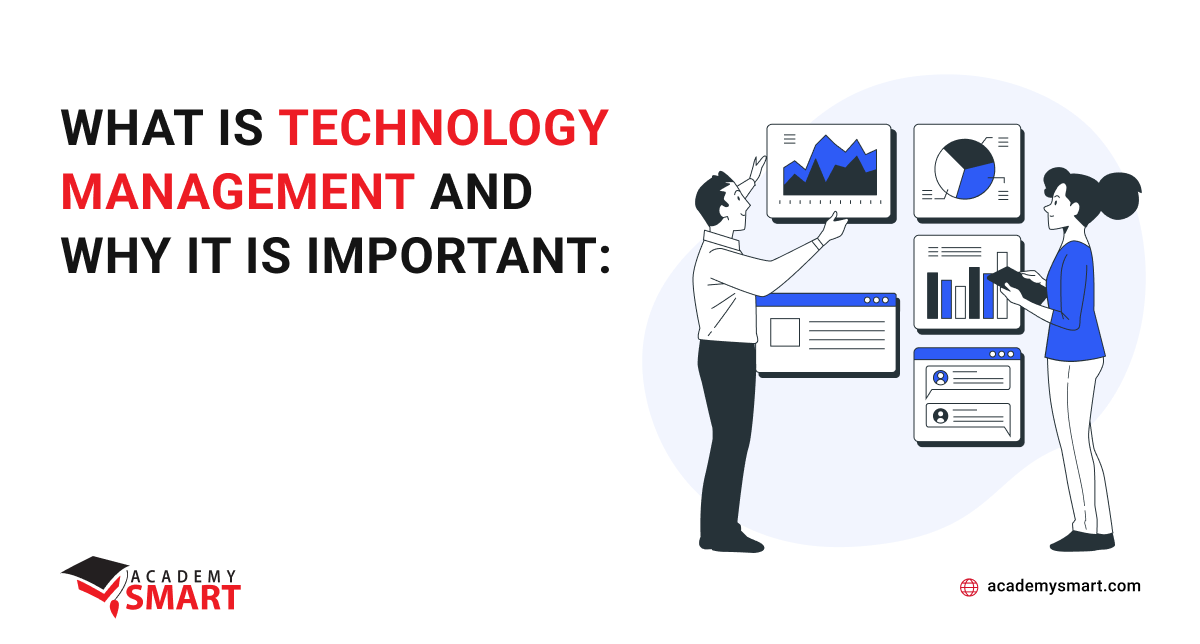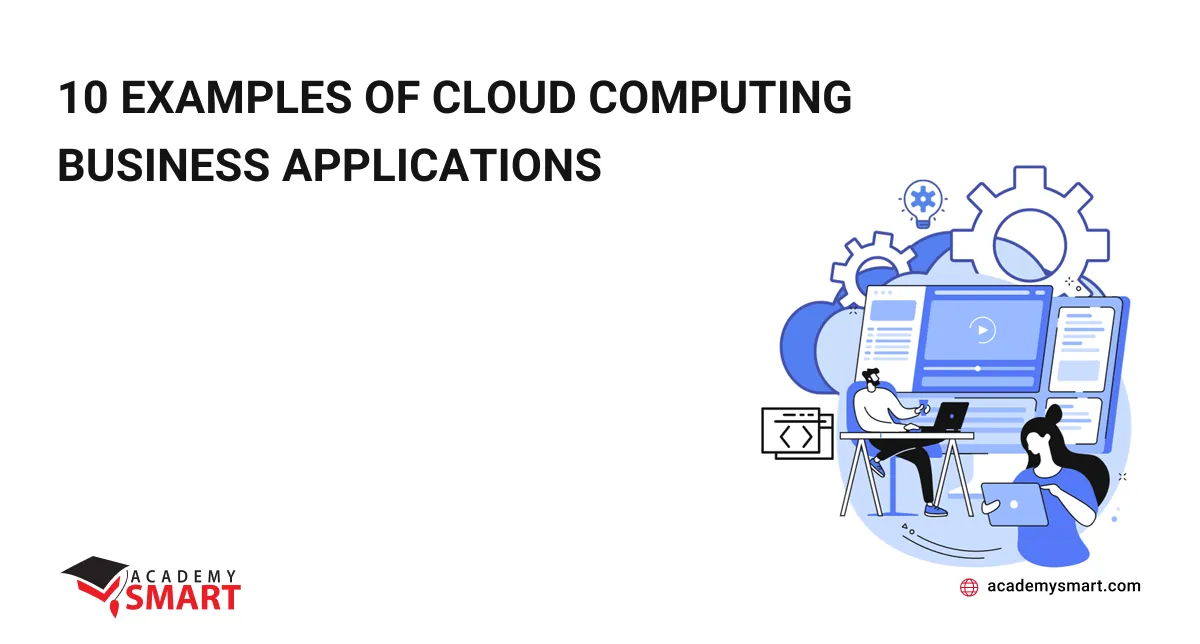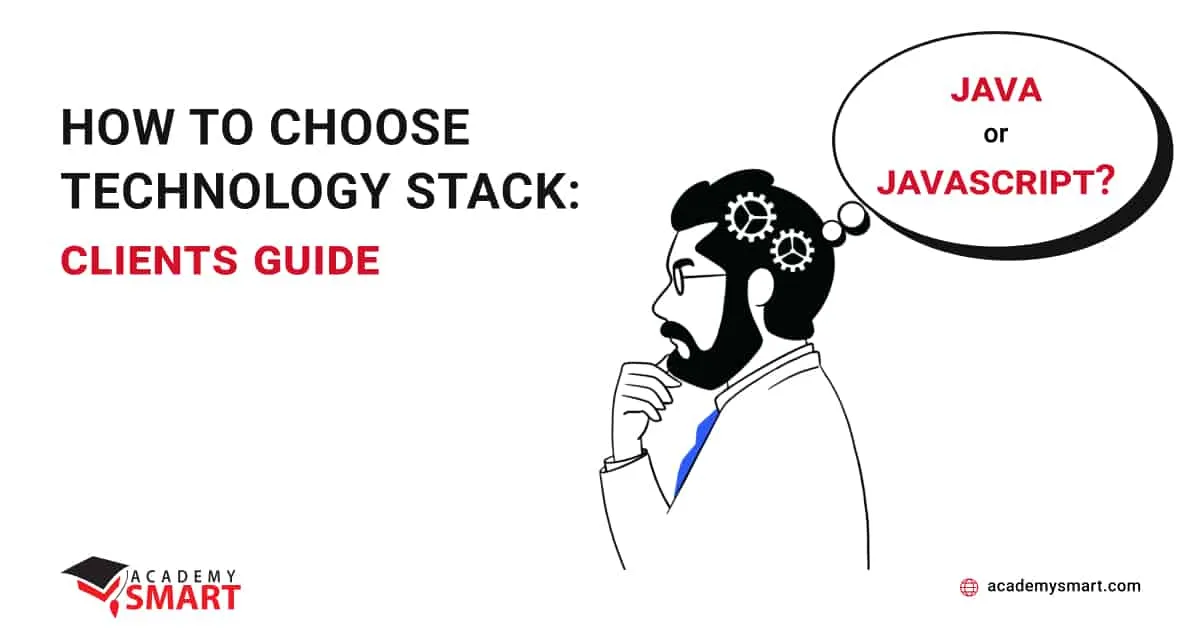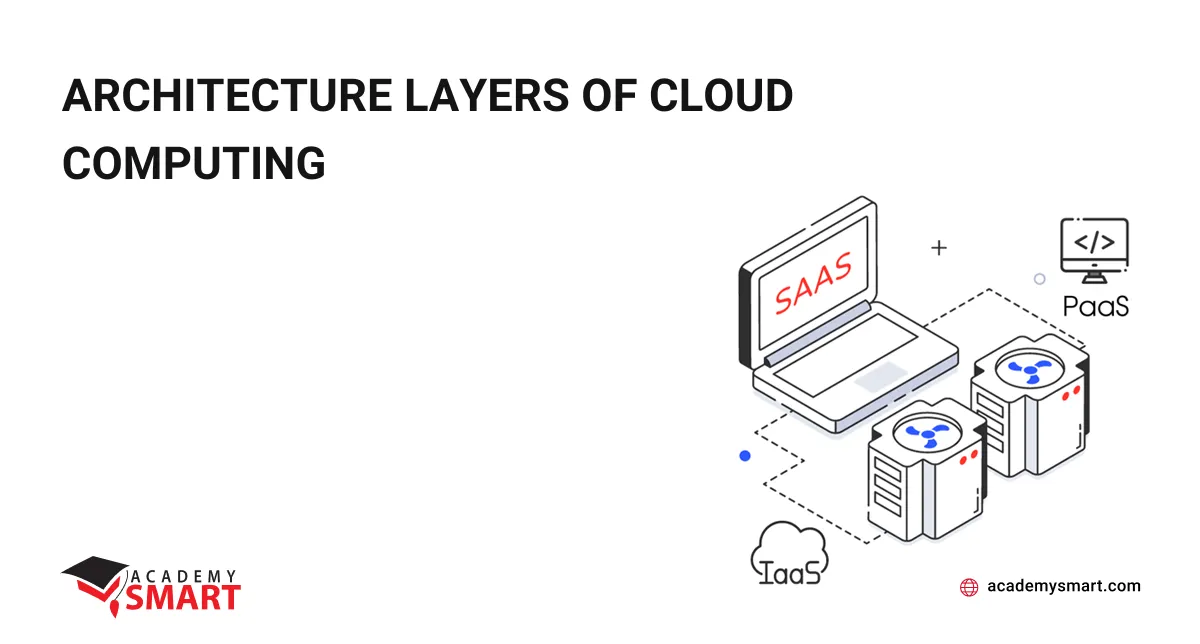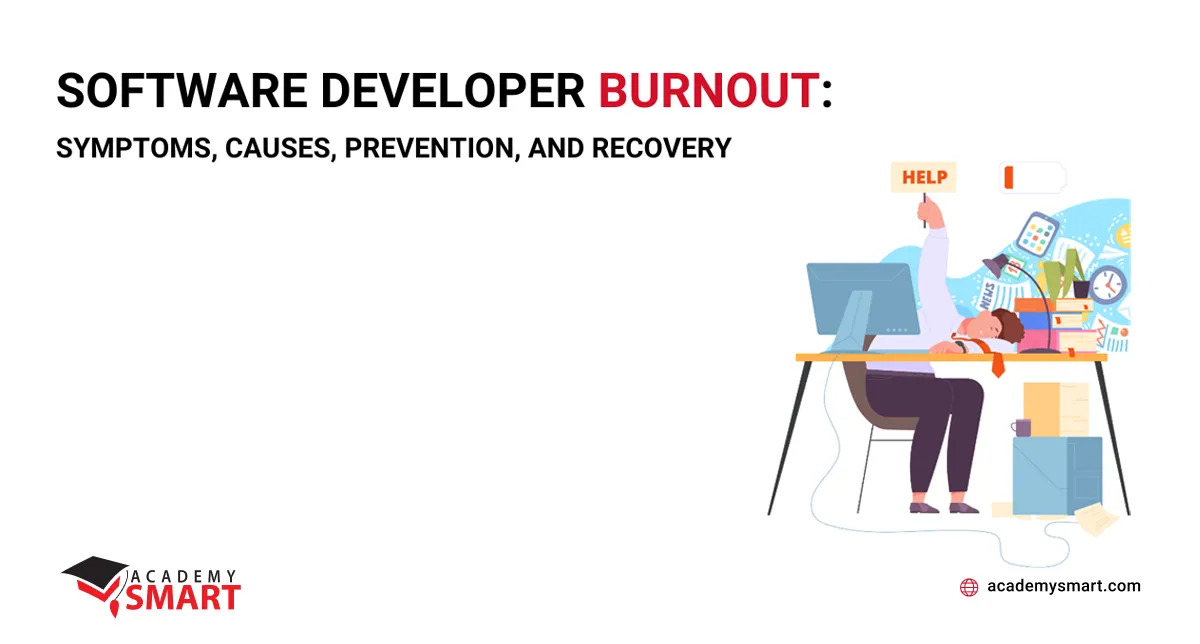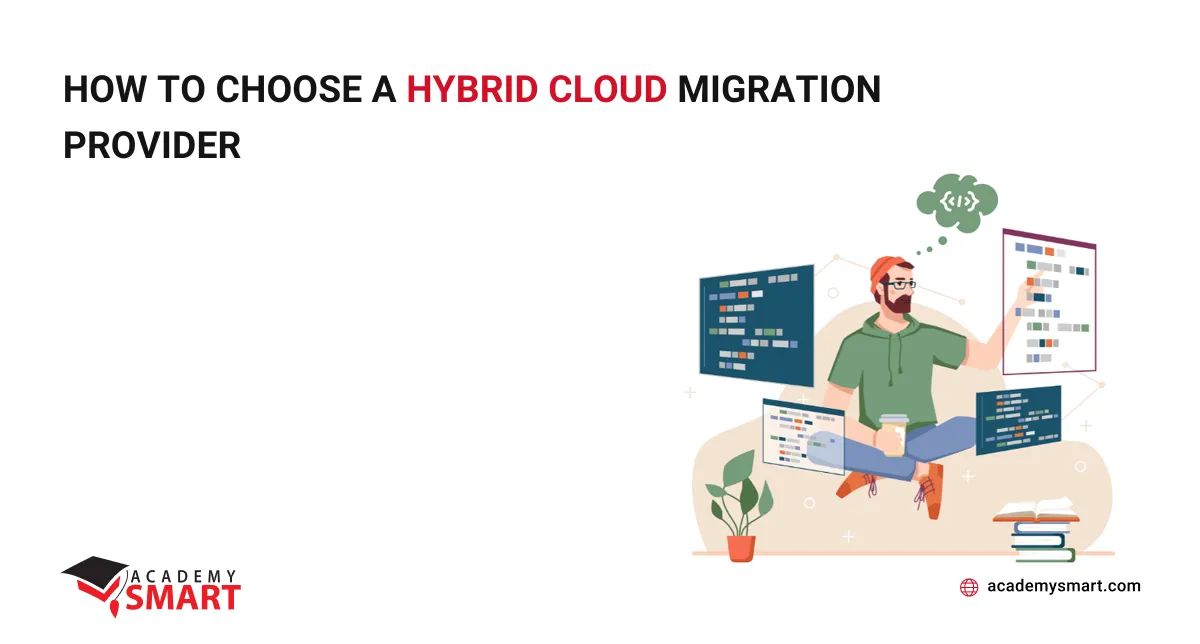
How to Choose a Hybrid Cloud Migration Provider
Contents
Today, it may seem that traditional monolithic systems are gradually giving way to the systematic rise and impact of cloud technologies. As cloud migration is a detailed process, not a hasty decision, it involves having the right conditions in place. A necessary factor is the expertise in hybrid cloud migration and the availability of programmers and cloud engineers that may have it. Nice specialists have top-notch skills, and their services are more expensive. Even during a possible economic crisis, there will be a constant demand for their proficiency, given the innovation-driven role of cloud IT now. Let’s look at how to get a reliable development partner to ensure satisfactory cloud adoption for your business.
What is Hybrid Cloud Migration
Hybrid cloud migration integrates and transitions some of an enterprise’s computing workloads or data across an IT system combined on-premises infrastructure, private cloud, and public cloud services. Such a structural model allows businesses to leverage the benefits of both on-premises and cloud environments, increasing the processes’ adaptability, scalability, and cost-effectiveness.
Preparing a company’s data and software applications is a significant part of the hybrid cloud journey. In addition to ensuring data integrity and traversability in new software environments and substantial changes in the apps’ architecture, the challenges of ensuring security, compliance, and deploying complex cloud IT systems are particularly acute.
For a successful transition, the hybrid cloud migration strategy must evaluate the existing IT infrastructure, determine which workloads or applications are suitable for migration, and specify project budget resources and criteria for selecting executors.
What Expertise Do You Need for Migration to Hybrid Cloud
Implementing a hybrid cloud solution requires industry-related technical knowledge, strategic planning, and operational skills. When you assemble a team to implement such a large-scale project, you must be sure that it meets the following competency benchmarks:
- it understands the architecture of major cloud platforms like AWS, Azure, or Google Cloud and is familiar with cloud services, such as computing, storage, databases, AI processing, and networking;
- it has mastery of cloud management platforms to oversee and control cloud resources efficiently;
- it has diverse expertise in integrating enterprise on-premises infrastructure with cloud services, including the design of network connectivity, rehosting/re-platforming/refactoring techniques, and best deployment practices;
- it is proficient in implementing robust security measures for data and understanding compliance requirements relevant to your industry and region;
- it has experience in managing relationships with cloud service providers and other IT vendors and the capability to troubleshoot and resolve challenges promptly;
- it is communicative, agile in implementing change management strategies, and client-centric to align the migration strategy with your business goals.
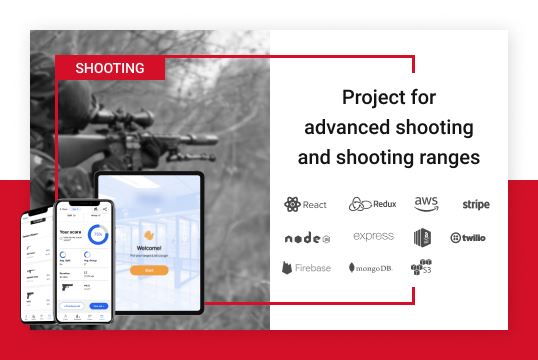
Hybrid cloud application for advanced shooting we provided
Select Your Option: In-House Team or Contractors
Since cloud adoption issues are the responsibility of the CIO and CTO, they formulate requests to fill specific vacancies with specialized engineers and decide on the degree of the company’s involvement in particular migration processes. Depending on the size of the company and its resource management policy, it is possible to create an internal full-time team of cloud developers, an in-house management and support team with subcontracts for individual specialists or services, or to outsource turnkey migration processes.
The most obvious option is to have an in-house department responsible for seamless hybrid cloud application migration, which has several undoubted advantages, including immediate availability, direct communication, and greater control over the hiring, training, and management of the staff with the company’s standards and policies alignment. The downside of this decision is expressed in higher initial costs, longer talent search because of local resource constraints, and risk of stagnation in adopting the latest technologies and best practices.
Another proven solution is to purchase hybrid cloud migration services from an IT outsourcing company. Academy Smart and similar firms provide the opportunity to hire a dedicated team of selected specialists for a comprehensive solution to specific transition problems. In this case, most of the processes are delegated to performers, and the enterprise’s management exercises overall control over the budget and progress in executing the ordered task.
On the other hand, there are often difficulties at the communication level since cloud experts may be representatives of other countries and cultures, as well as trust risks regarding the safety of sensitive data and obtaining precisely the expertise that is regulated in the migration roadmap. And by buying the entire transition service, you get much less control over the technical details of execution.
To avoid these pitfalls, it is wise to entrust your cloud migration to specialists with a long history and verified results in the market. Some online systems rate development teams based on reviews from their actual customers, such as Clutch. With their help, you can find a suitable outsourcer, study its practical path, and even contact previous customers of his services to clear the real cooperation experience. A huge advantage of dedicated teams is that they work remotely and are significantly cheaper than in-house teams. If you choose an offshore development team from a culturally bonded region like Eastern Europe, you may get a value-similar and cost-efficient partnership.
The most flexible model is to supplement the internal team with technical specialists based on situational needs. This approach is called outstaffing, giving immediate access to the necessary expertise while maintaining complete control over the processes and data. Staff augmentation can be carried out for specific tasks, using the experience of particular specialists as much as necessary and not longer.
Customer teams can often be staffed by freelancers or employees of large IT companies that rent out their working time. The method of picking the best candidates is similar to finding worthy outsourcers. Which specialists will you attract to solve the challenges of adapting your hybrid clouds? We have already described them in the article “10 Cloud Computing Jobs You May Be Interested In.”
Leverage Hybrid Cloud Migration Services of Academy Smart
Our company has worked in the custom software development market for the last 14 years. We are confident that we’ll become a reliable hybrid cloud migration provider for you since we have extensive practical experience supporting our enterprise clients from the USA and Western Europe in their business transition to the cloud environment. We specialize in AWS cloud hybrid migration, deploying serverless applications, and developing productive APIs and native cloud apps. Get in touch to embody the specifications of your project.
Frequently Asked Questions: Hybrid Cloud Application Migration
Where should I search for providers of hybrid cloud migration services?
You may explore reviews from reputable online platforms like Clutch or GoodFirms to established service providers. Feel free to ask the professional IT community for recommendations and insights.
Which cloud migration strategy is most closely aligned with a hybrid cloud deployment?
As “Lift and Shift” involves moving existing applications to the cloud without significant modification, it seems the most suitable for integrating on-premises infrastructure with cloud services in a hybrid environment.
Book a free consultation

Reach out to start talking today!

